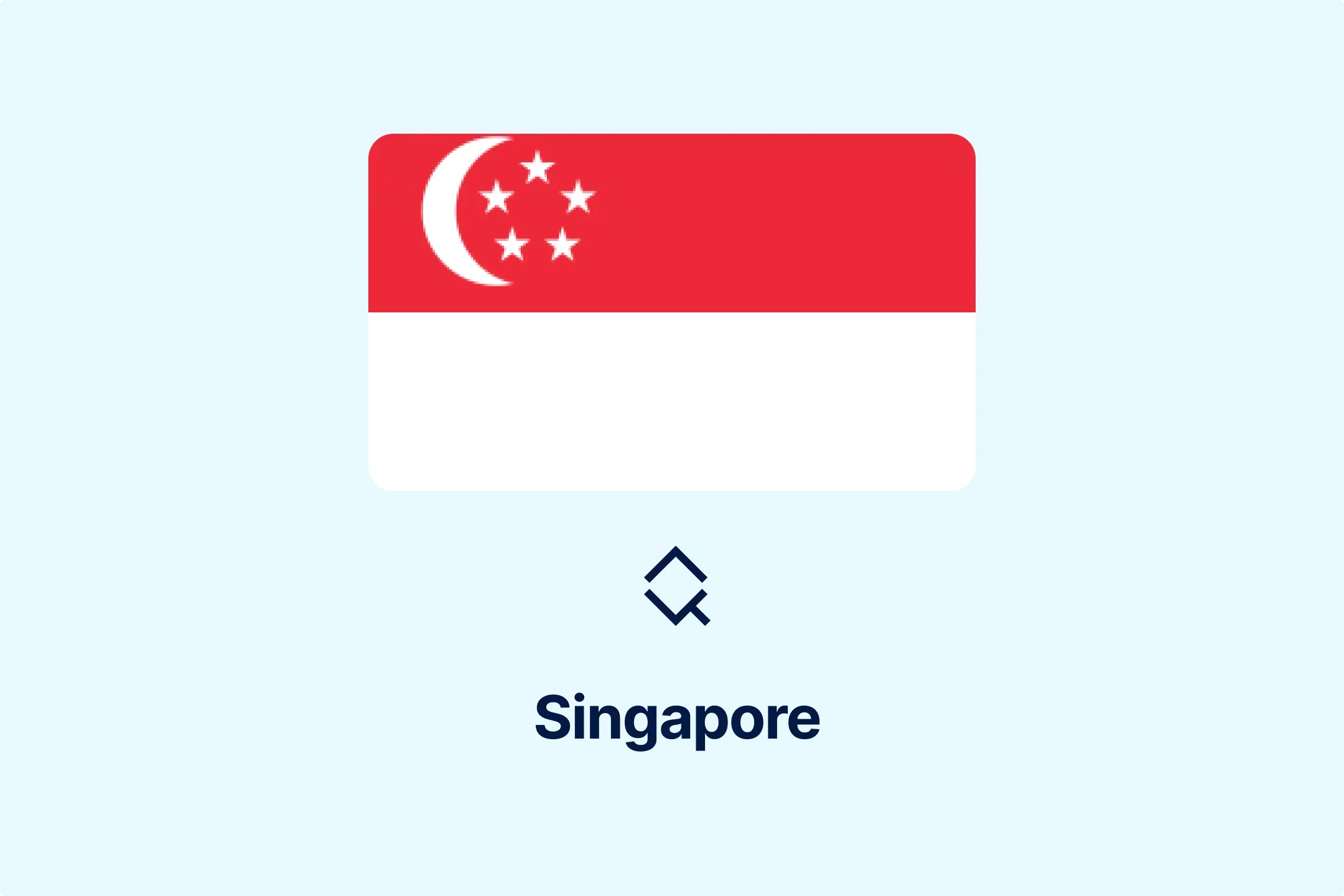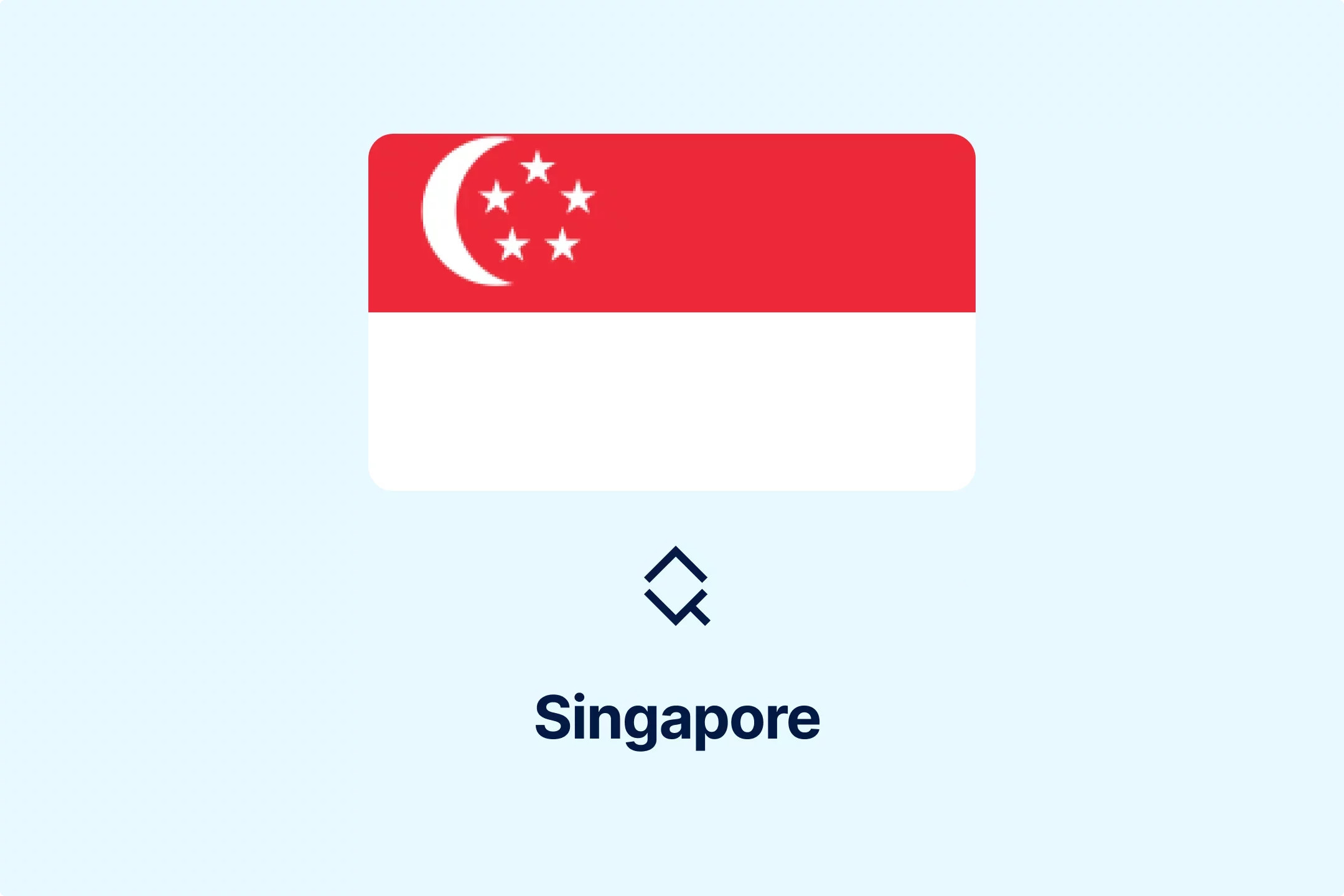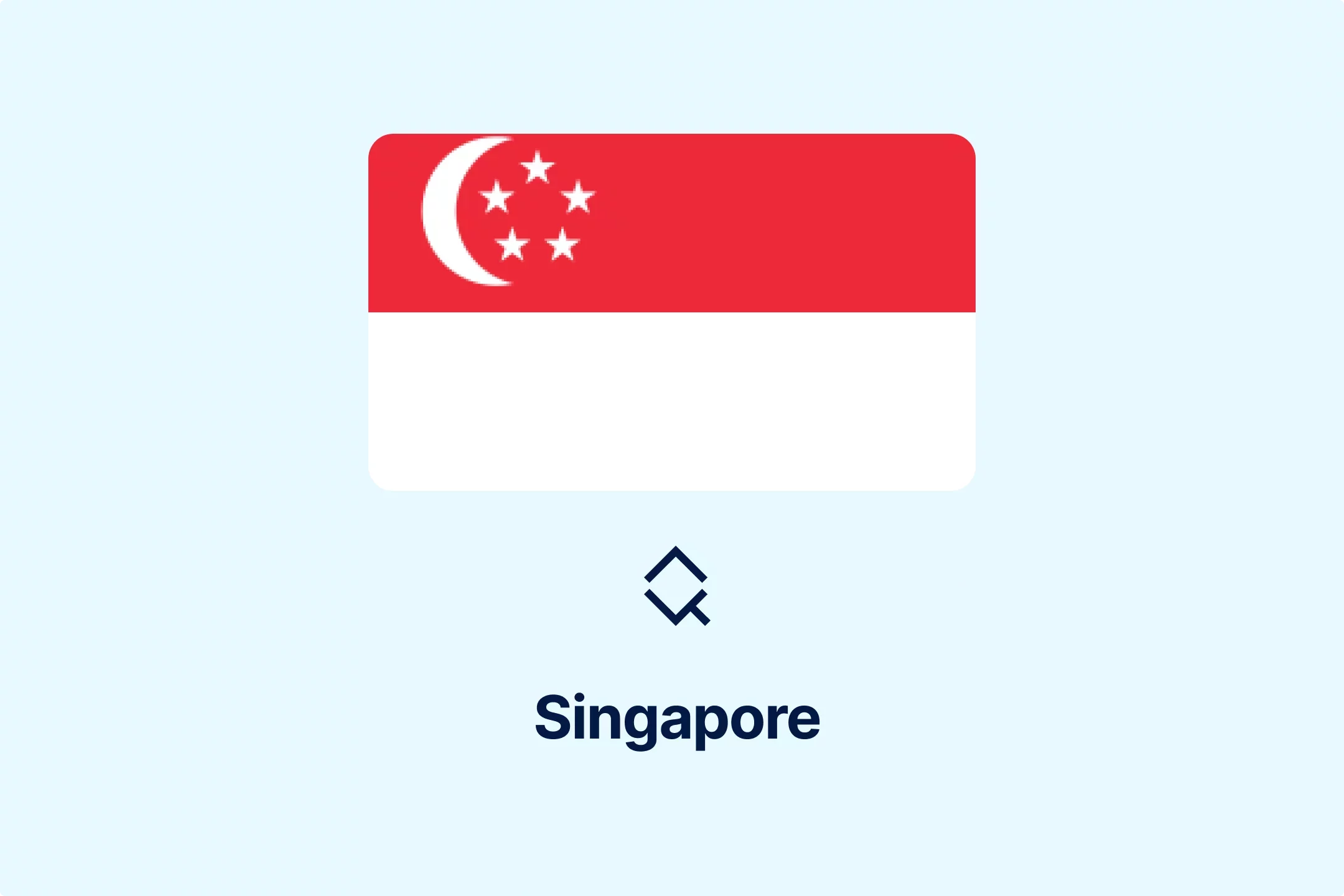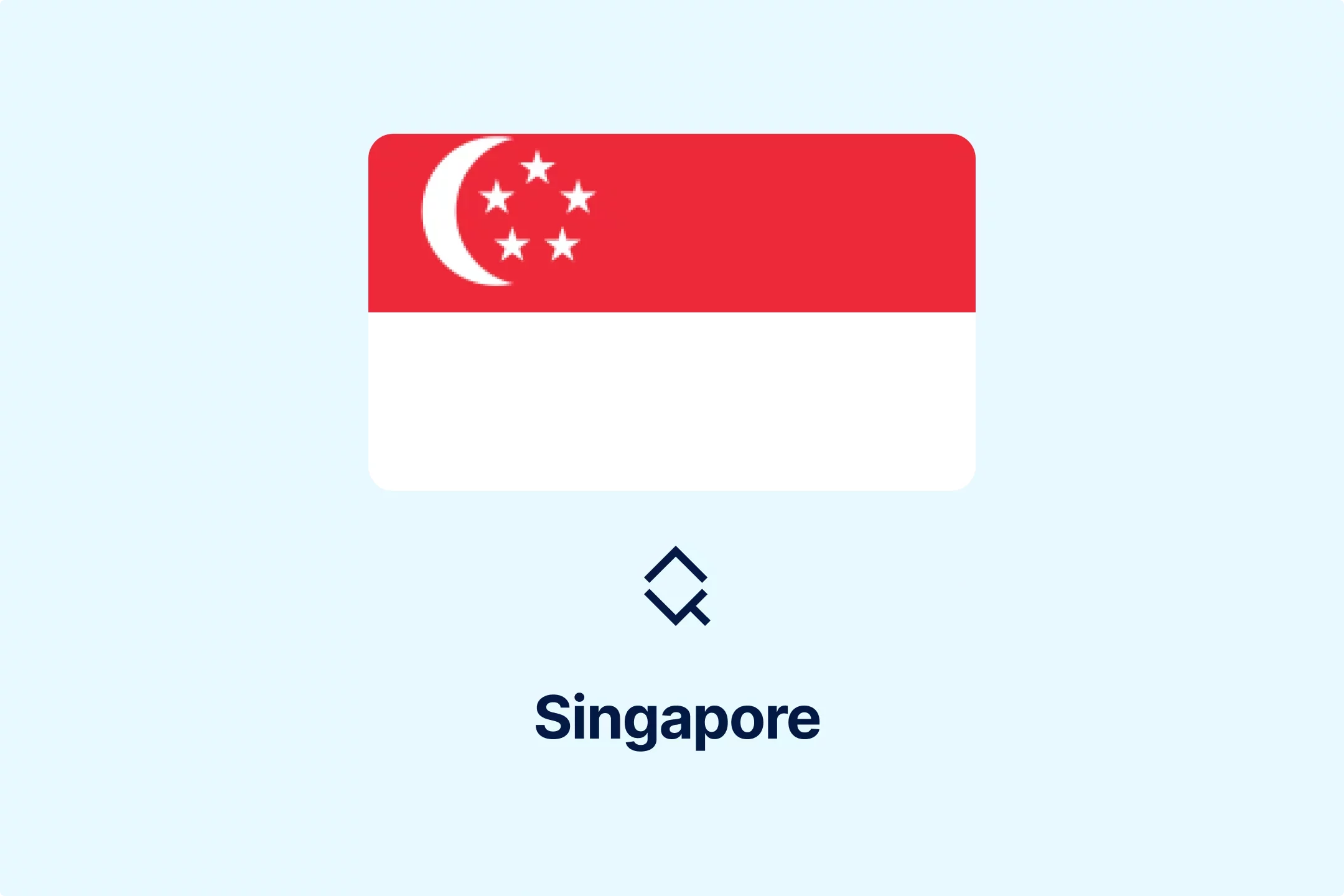Singapore Updates GST Registration Guidance: New FAQs Clarify Thresholds and Special Cases

The Inland Revenue Authority of Singapore (IRAS) has updated its official GST registration guidance with important clarifications and new FAQs addressing the $1 million taxable turnover threshold, computation scenarios, and procedures for complex business arrangements. The GST rate in Singapore stands at 9% as of 2025, with businesses required to register if their taxable turnover exceeds $1 million in a 12-month period, either retrospectively or prospectively.
Key Updates to GST Registration Rules
Threshold and Timing:
Registration is compulsory when taxable turnover exceeds S$1 million either at the end of the calendar year or if the business can reasonably expect to exceed this threshold in the next 12 months.
From 1 July 2025, businesses registering prospectively are given two months’ grace from the forecast date to begin charging GST — but registration must still be applied for within 30 days of making the forecast.
Sales vs. Taxable Turnover:
GST registration liability is assessed based on taxable turnover, not simply sales revenue. Taxable turnover excludes out-of-scope and exempt supplies. Businesses must check this value at year-end and monitor for prospective registration.
Highlights from the New FAQs
1. Forecasted vs. Actual Sales
If projected taxable turnover is uncertain, GST registration is not immediately needed. Retrospective registration is triggered if taxable turnover does exceed S$1 million within the year.
2. Out-of-Scope Supplies
Businesses supplying goods entirely outside Singapore (with no import or supply within Singapore) are not required to register even if sales exceed S$1 million; these are considered out-of-scope supplies.
3. Property Trading Partnerships
All proceeds from commercial property trades by the partnership — including those held “in trust” by partners — are included in the partnership's taxable turnover, not as capital assets.
4. Directorship Services
Executive directors acting as employees do not need to register for GST.
Non-executive directors may need to register if they supply directorship services in the course of a “business,” determined by IRAS’s business tests.
5. Backdated GST Registration
If IRAS backdates the registration effective date, businesses may recover GST from customers (with their consent), using credit notes or special tax invoices to document these adjustments and enable GST-registered customers to reclaim input tax.
6-8. Changes in Business Constitution or Acquisition
After converting or acquiring a business, the new entity cannot use the registration number of the previous business. The old registration must be cancelled and a new application submitted if GST liability arises, including consolidation of turnover from the acquired business.
9. Artificial Business Splitting
Splitting one business into several to avoid GST registration is disallowed. IRAS may disregard such splits and combine turnover for registration purposes, with retrospective obligations and potential penalties.
10. Late Registration Consequences
Backdating of GST registration and payment of retrospective GST are mandatory — and generally not waivable — although late notification fines may be waived for voluntary disclosures.
Voluntary Registration Option
Businesses below the $1 million threshold can still register voluntarily. Voluntary registrants must comply with all GST obligations, including a minimum two-year registration period and quarterly filings.
Practical Implications for Businesses
Regularly track taxable turnover, not just gross sales, to determine liability.
Be aware of GST registration obligations when reorganizing business structures or acquiring another GST-registered company.
Consult the IRAS guides for definitions of taxable turnover, out-of-scope supplies, and for the procedures when recovering GST on past sales or restructuring.
Late registration can trigger significant compliance costs, including accounting for past periods where GST was not previously collected.

More News from Singapore
Get real-time updates and developments from around the world, keeping you informed and prepared.
-e9lcpxl5nq.webp)










